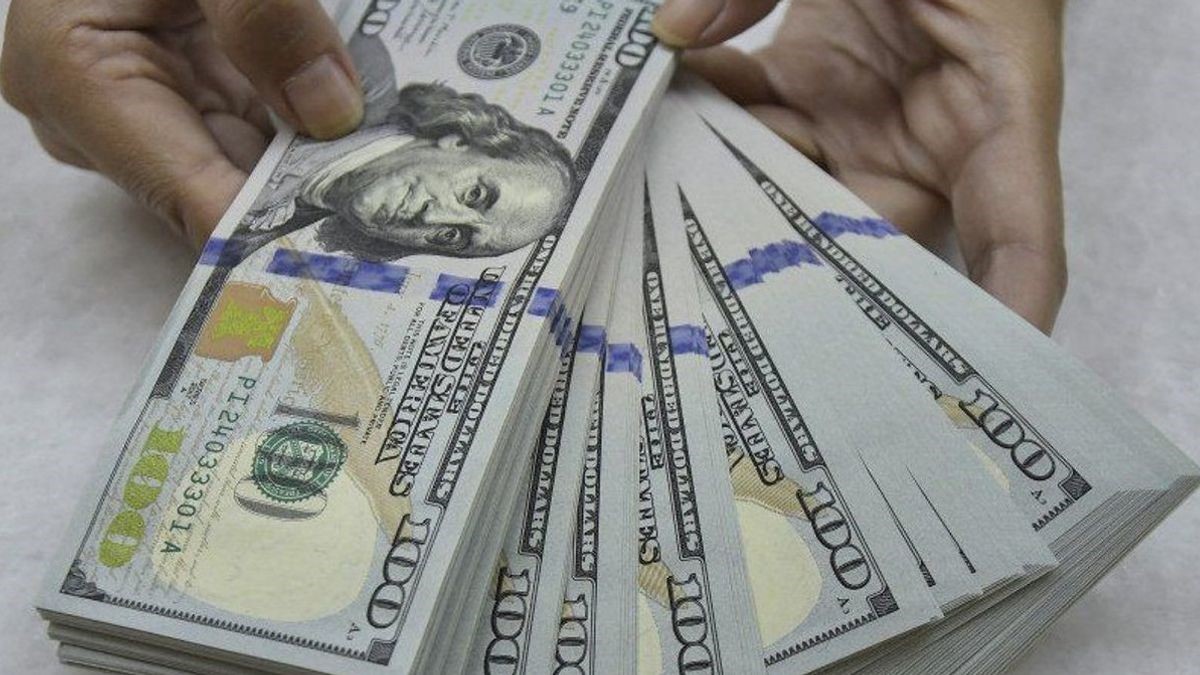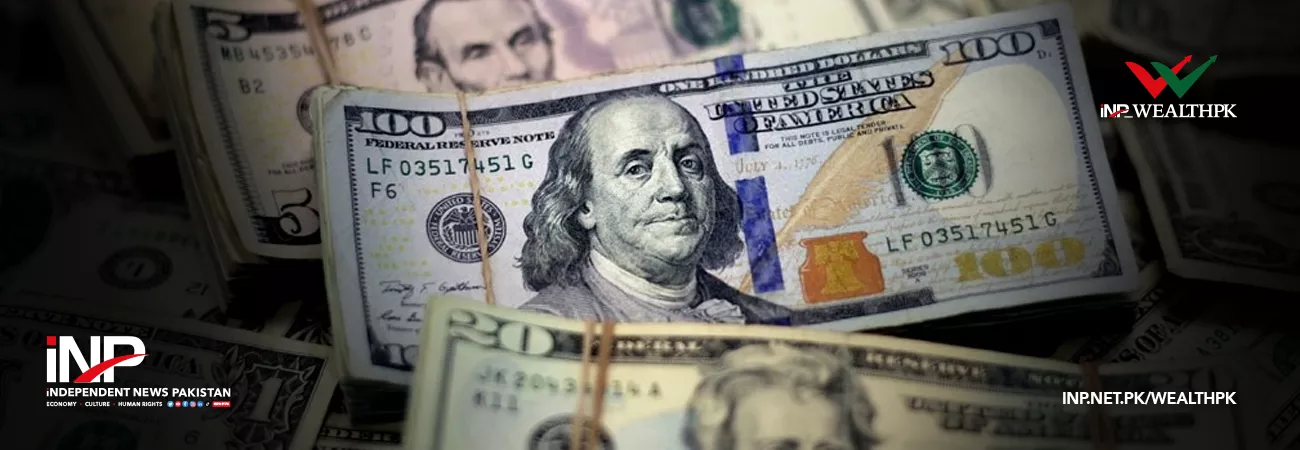INP-WealthPk
Sajid Irfan
Pakistan can save its foreign exchange reserves by enhancing the export of its popular items to other countries, WealthPK reports. The inflow of foreign currency is linked with trade, especially exports. That’s why the government of Pakistan has lifted a ban on the export of sugar to increase foreign exchange reserves.
An official of the Ministry of Finance and Revenue told WealthPK that the government allowed exporting 100,000 metric tonnes of sugar to boost foreign exchange reserves. He said that the Pakistani currency was depreciating quickly and an increase in exports could control the fall of the rupee.
He said that the foreign exchange reserves of Pakistan stood at $12.58 billion,of which the State Bank of Pakistan (SBP) was holding $6.7 billion while the rest was in the possession of commercial banks. “There will be no need to borrow foreign currency to replenish foreign reserves if the government focuses on trade and increases exports,” he added.
The official said that the ban on the export of sugar was imposed due to the devastation of the agriculture sector by the recent floods in the country. He said that the floods destroyed millions of acres of agricultural land and standing crops, leaving farmers in a lurch.
He said that the economic situation of Pakistan could be improved by focusing on exports of other items along with sugar. “These items include cotton, rice, oranges, leather goods, surgical instruments, furniture and sports items. The export of these items will be very helpful in boosting foreign exchange reserves,” he added.
The official said that the textile industry of Pakistan was famous throughout the world. “Pakistani cloth and garments enjoy high demand. So, the export of textile items will also play an instrumental role in increasing foreign exchange reserves. To increase exports, the government should pay attention to the development of these industries,” he added.

The country faces a balance of payment crisis owing to depleting reserves, a widening current account deficit and the depreciation of the Pakistani rupee against the US dollar. “Our major problem is a lack of local manufacturing of export-quality goods. Most of the well-off people in the country are now investing in the real estate sector instead of establishing industrial units,” said the official.
He alleged that a lot of money-generating sectors, like growing and processing sugarcane, were in the hands of a minuscule political elite, who had made the business ‘remarkably unproductive’. He said that the economy of Pakistan was not focused on exports so every growth cycle led to an increase in imports that affected foreign exchange reserves. The official said that in July last year, engineering goods, gems and jewellery, textile items and apparel, chemicals and electronic goods were the dominant drivers in the expansion of merchandise exports to a record high level.
“The government should remove trade policy barriers, enhance trade facilitation and foster the speed of technology through educational exchange programmes besides making investments in communication and broadcasting technologies. These all exports will play a vital role in increasing foreign exchange reserves,” he told WealthPK.
Credit : Independent News Pakistan-WealthPk




